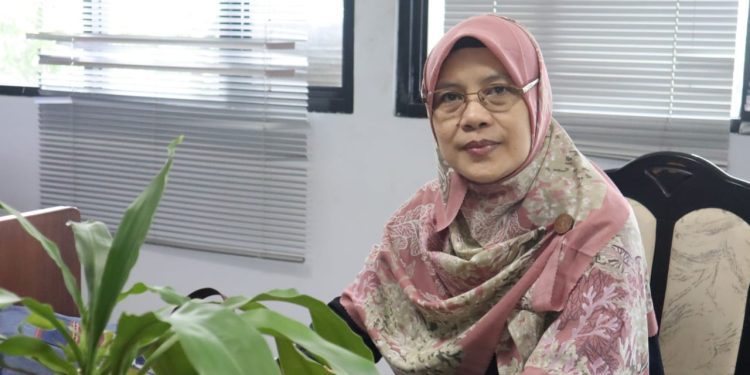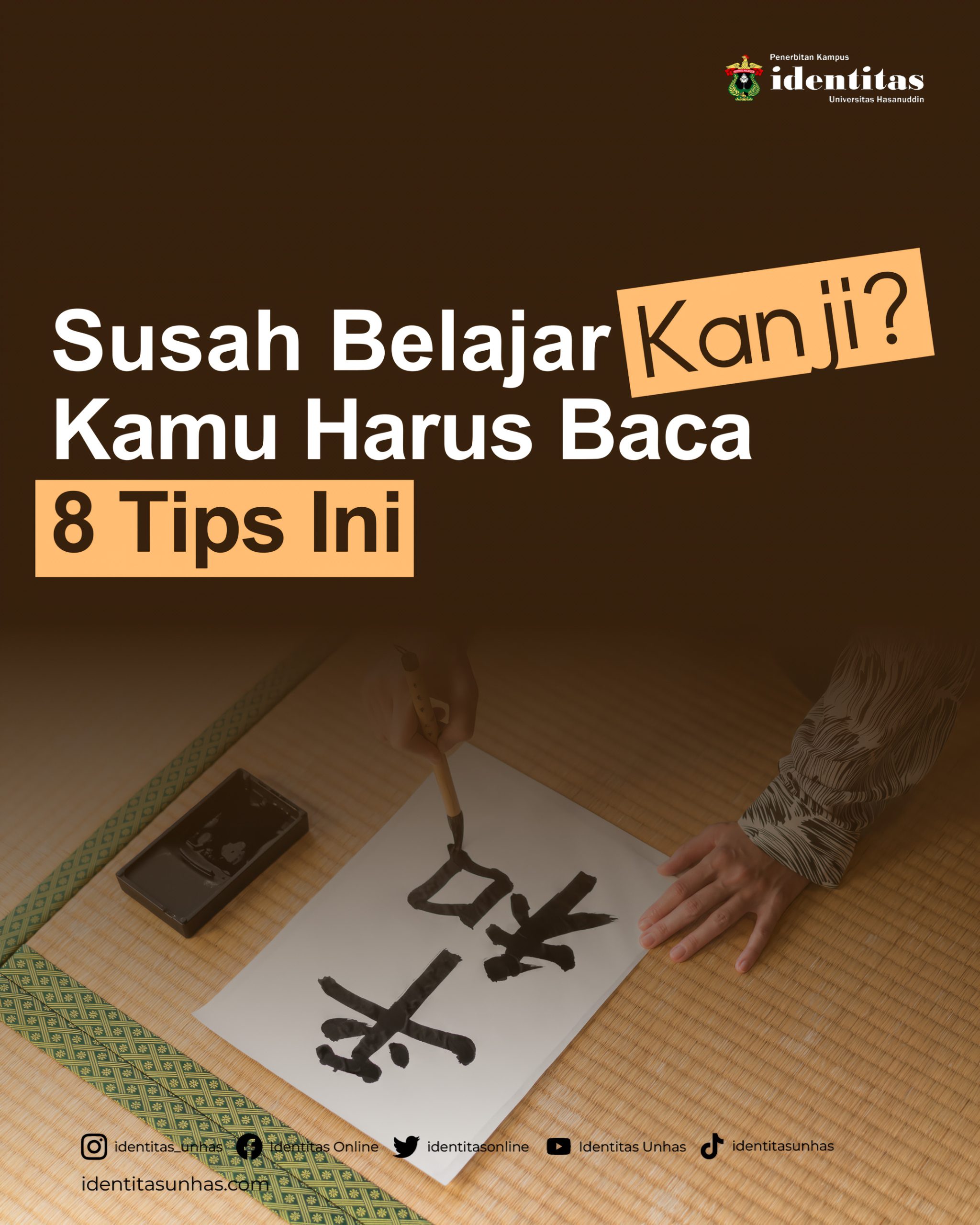“The title is Professor, their work must also be big, this title is not only for display, but it is also a responsibility.”
That was said by Prof Dr Nurjannah Nurdin ST MSi, in an interview with the Hasanuddin University Campus Press (PK identitas Unhas) on Monday (16/01) as the first female Professor of Remote Sensing in Indonesia. Nurjannah’s interest in remote sensing began when she was a student at Unhas 35 years ago.
Returning to Unhas in 1988, Nurjannah recounts that at that time the application of technology was not as advanced as it is now, especially in the marine field. As the first generation of the Marine Science Bachelor’s Program, which was formerly called Marine Engineering, it was certainly not easy to adapt to the changes and sophistication that had just emerged at that time.
However, that did not discourage her from exploring her study in remote sensing. Moreover, according to her, the application of technology at the ocean is still lacking compared to the area of the ocean which is many times that of that at land.
But unfortunately, learning about the use of technology wasn’t really felt when she was undergoing her bachelor’s. Therefore, Nurjannah decided to continue her studies. The 54-year-old woman decided to choose Bogor Agricultural Institute (IPB) to expand her knowledge.
It was then, she chose the field of remote sensing as her focus. Starting from there, every research that Nurjanna has carried out until now has always been related to remote sensing.
Not only did she continue her master’s degree, the woman born in Pare-pare intended to pursue her doctoral degree five years later. She even intended to further expand her knowledge about technological developments abroad. At that time, she had passed the Japanese Monbukagakusho doctoral scholarship, but she had to decline the offer.
Not without reason, at that time she was pregnant, that’s why her husband did not allow her to go to school in Japan. Due to being prevented from going abroad, Nurjannah decided to continue her studies at home (Indonesia), she chose IPB again.
Even though she gave up the opportunity to go abroad, Nurjannah was again called upon to dive deeper to expand her knowledge and become an assistant professor at the Atmosphere and Ocean Research Institute (AORI), University of Tokyo, Japan.
“I think Allah is very good, I have long wanted to study abroad. Failed to do my doctoral degree in Japan, but got an opportunity for my Post Doctoral which turned out to be more comfortable than being a student,” said Nurjannah gratefully.
When she returned to Indonesia, Nurjannah joined a couple of organisations and assumed several responsibilities at the same time before earning the title of Professor, which started from being a lecturer, Head Council Expert Association of Marine Science Scholars, member of a number of professional associations, even becoming the Head Council Research and Development of Coastal, Marine and Small Islands LPPM Unhas..
It is this responsibility that bolstered her career, holding the position of Head Research and Development Center encouraged her to continue researching. The research that she recently completed is an international collaboration research with the French Government and the Indonesian Ministry of Education (Kemendikbud-Ristek). Nurjannah also stated that now she is focusing on the use of remote sensing, both by satellite and by unmanned aircraft, also called UAVs, or better known as drones, to help detect seaweed biomass.
It was from these studies that she then proposed to be appointed as a professor. In August 2022, Nurjannah became the first female professor of remote sensing in Indonesia.
As a career woman, Nurjannah does not leave her calling in the kitchen. As a mother and wife, she always tries to make time for her family.
“Excellence is not determined from a benchmark. Wherever we are, if we are consistent there, we will definitely grow. It doesn’t have to be determined by a trend, of course every field has its challenges, so we must try to excel there,” Nurjannah’s closing statement at her interview.
Read the original version in Indonesia.
Translator: Nabila Rifqah Awaluddin & Muhammad Alif M.



Discussion about this post